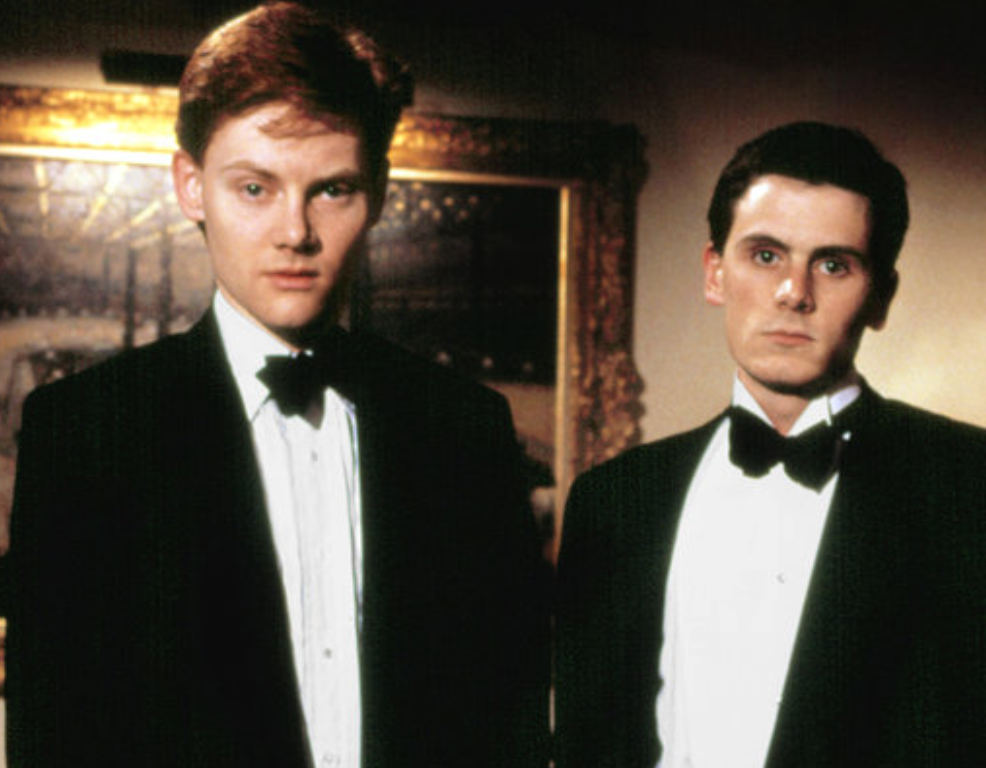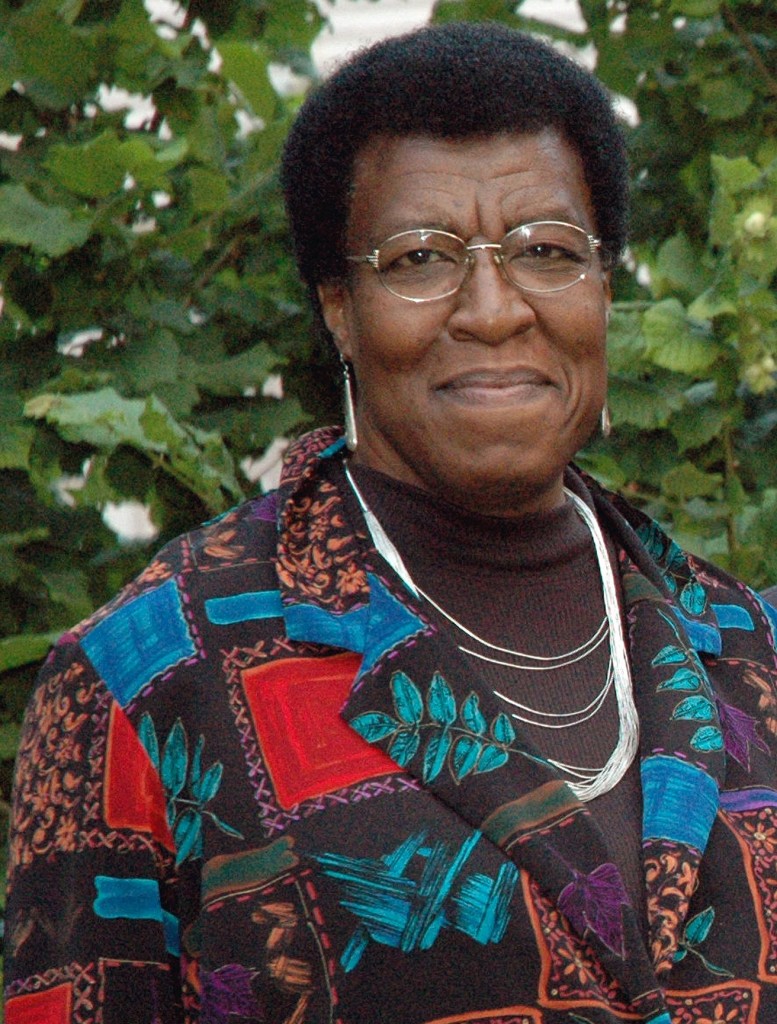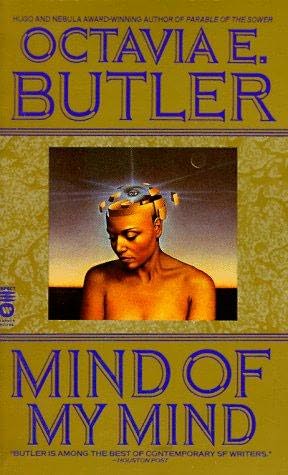Archive | Book Matters
‘Ricki and the Flash’ & the Curse of El Diablo
 It’s hard not to get excited about “Ricki and the Flash.” It stars Meryl Streep in what is amazingly a new kind of role for her. It is directed by Jonathan Demme, who has been charming the pants off us since his 1984 Talking Heads documentary “Stop Making Sense.” And it is written by Diablo Cody, whose script for “Juno” (2007) set the bar for witty teen-pregnancy movies everywhere. (Let’s hope that genre doesn’t become too much of a cinematic trend moving forward.) But rather than being an embarrassment of riches, this musical dramedy suffers from too much of a good thing – namely, too much of its titular character at the expense of any true plot or supporting character development. The problem can be traced back to Cody, who may be a better memoirist than screenwriter.
It’s hard not to get excited about “Ricki and the Flash.” It stars Meryl Streep in what is amazingly a new kind of role for her. It is directed by Jonathan Demme, who has been charming the pants off us since his 1984 Talking Heads documentary “Stop Making Sense.” And it is written by Diablo Cody, whose script for “Juno” (2007) set the bar for witty teen-pregnancy movies everywhere. (Let’s hope that genre doesn’t become too much of a cinematic trend moving forward.) But rather than being an embarrassment of riches, this musical dramedy suffers from too much of a good thing – namely, too much of its titular character at the expense of any true plot or supporting character development. The problem can be traced back to Cody, who may be a better memoirist than screenwriter.
Streep stars as Ricki, who fronts a cover band in Tarzana, California, and ekes out a living as a Whole Foods cashier. With her still-good gams (since when are Streep’s legs so fine?), semi-cornrowed mane, kohl-lined eyes, and reams of silver jewelry, she’s the spitting image of a woman who refuses to sacrifice her dreams even when they’ve sacrificed her. Ricki abandoned her family decades before so she could pursue a rock and roll career that never took off. But when daughter Julie (real-life daughter Mamie Gummer, who needs to stop working in Mommy’s shadow) has a nervous breakdown, Ricki grudgingly steps up to the plate, though she’s not entirely welcome in the Indianapolis McMansion of ex-husband Pete (a sweater vest-clad Kevin Kline) and his tightly wound wife, Maureen (Audra McDonald), who raised Ricki’s three kids.
For all those accolades, Streep doesn’t get her due as a skilled comic actress, and she revels in Ricki’s inconsistencies with expertly timed double takes and cocked eyebrows. Cody, who based the character on her own mother-in-law (a longtime rocker who did not abandon her family), has constructed a beautifully complex woman – a 1970s counterculture siren with a retrogressive chip on her shoulder. Continue Reading →
The Pride & Priggishness of ‘Metropolitan’
 While it may be hard to believe that Larry Clark’s “Kids” just celebrated its twentieth anniversary, it’s not hard to believe that “Metropolitan” is turning twenty-five. Even at the time of its 1990 release, writer/director Whit Stillman’s inaugural feature about New York debutantes and their male escorts seemed to hail from another era. As a carefully worded eulogy for an American social caste, this was its whole point; these protagonists were so anachronistic that their courtships consisted of debates about Jane Austen, whose blithe-as-a-heart-attack formulations of romantic love proved an apt model for the film itself.
While it may be hard to believe that Larry Clark’s “Kids” just celebrated its twentieth anniversary, it’s not hard to believe that “Metropolitan” is turning twenty-five. Even at the time of its 1990 release, writer/director Whit Stillman’s inaugural feature about New York debutantes and their male escorts seemed to hail from another era. As a carefully worded eulogy for an American social caste, this was its whole point; these protagonists were so anachronistic that their courtships consisted of debates about Jane Austen, whose blithe-as-a-heart-attack formulations of romantic love proved an apt model for the film itself.
Though all of Stillman’s work focuses on the grave nostalgia of young people, only “Metropolitan” puts that concern front and center with a formality that is more literary than cinematic. With its unobtrusive Upper East Side interiors, unremarkable-looking cast (few of whom went on to pursue professional acting careers), and endless prattle about the decline of the “Urban Haute Bourgeoisie” (a term one character devises to describe the “preppy class”), this film highlights the life of the mind as no other American coming-of-ager had done before and likely ever will again. The story is told from the alternating perspectives of Audrey Rouget (Carolyn Farina), the most pensive member of her group, and Tom Townsend (Edward Clements), an Ivy League ginger who has lost his trust fund and must, relatively speaking, live on his wits. (This entails him living on the Upper West Side and declaring himself an agrarian socialist while buying a secondhand tux.) Continue Reading →


